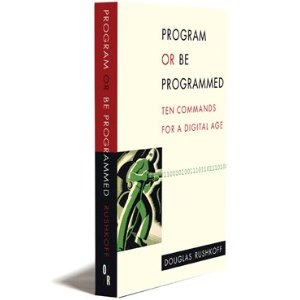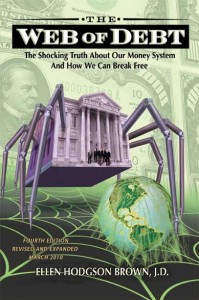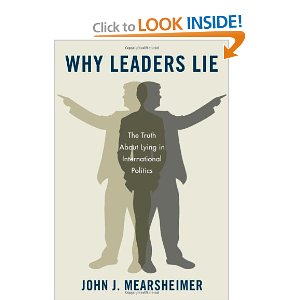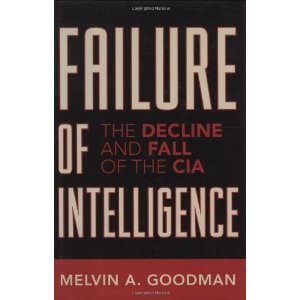
Douglas Rushkoff
Table of Contents
I. TIME Do Not Be “Always On”
II. PLACE Live in Person
III. CHOICE You May Always Choose “None of the Above”
IV. COMPLEXITY You Are Never Completely Right
V. SCALE One Size Does Not Fit All
VI. IDENTITY Be Yourself
VII. SOCIAL Do Not Sell Your Friends
VIII. FACT Tell the Truth
IX. OPENNESS Share, Don’t Steal
X. PURPOSE Program or Be Programmed
5.0 out of 5 stars Re-Humanizing Our Future
December 29, 2010
Brent Finnegan (Harrisonburg, VA, US) – See all my reviews
I haven't read Rushkoff's other books (although I might go back and read Life Inc: How Corporatism Conquered the World, and How We Can Take It Back).
Program or be Programmed is a quick read. I read it on the Kindle my wife got me for Christmas. The irony of reading a book about the pitfalls and possibilities of technology we don't fully understand on a device I don't fully understand was not lost on me.
I would describe this as an “Internet philosophy book” that might fit on the bookshelf somewhere between Neal Stephenson's In the Beginning…was the Command Line and Jeff Jarvis' What Would Google Do? But I found Program to be even more thoughtful and succinct than those books.
Quote from the book: “Instead of learning about our technology, we opt for a world in which our technology learns about us.”
Continue reading “Review (Guest): Program or be Programmed–Ten Commands for a Digital Age”








